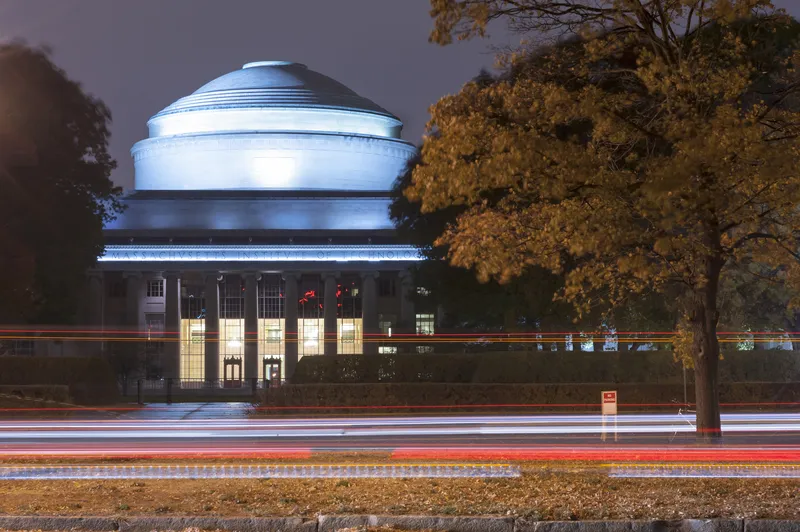The grants are being awarded through two US Department of Transportation (US DOT) initiatives aimed at promoting the use of advanced technologies in transportation: the Advanced Transportation and Congestion Management Technologies Deployment (ATCMTD) program run by the Federal Highway Administration (FHWA) and the Mobility on Demand (MOD) Sandbox program overseen by the Federal Transit Administration (FTA).
The US$56.6 million ATCMTD program’s grants are designed to help communities use technology to en
October 14, 2016
Read time: 2 mins
The grants are being awarded through two 324 US Department of Transportation (US DOT) initiatives aimed at promoting the use of advanced technologies in transportation: the Advanced Transportation and Congestion Management Technologies Deployment (ATCMTD) program run by the 831 Federal Highway Administration (FHWA) and the Mobility on Demand (MOD) Sandbox program overseen by the Federal Transit Administration (FTA).
The US$56.6 million ATCMTD program’s grants are designed to help communities use technology to enhance mobility and expand access to opportunity. Projects funded by these grants aim to improve the efficiency of the highway system and make the most use of existing capacity for commuters, businesses, and freight shippers.
The US$8 million MOD Sandbox Program is part of a larger research effort at US DOT that supports transit agencies and communities as they integrate new mobility tools like smart phone apps, bike- and car-sharing, and demand-responsive bus and van services. MOD projects help make transportation systems more efficient and accessible, particularly for people who lack access to a car.
“From automated vehicles to connected infrastructure to data analytics, technology is transforming how we move around our country, and some of the most exciting innovation is happening at the local level,” said Foxx. “These grants will enable cities and rural communities to harness new technologies to tackle hard problems like reducing congestion, connecting people to mass transit, and enhancing safety.”
The US$56.6 million ATCMTD program’s grants are designed to help communities use technology to enhance mobility and expand access to opportunity. Projects funded by these grants aim to improve the efficiency of the highway system and make the most use of existing capacity for commuters, businesses, and freight shippers.
The US$8 million MOD Sandbox Program is part of a larger research effort at US DOT that supports transit agencies and communities as they integrate new mobility tools like smart phone apps, bike- and car-sharing, and demand-responsive bus and van services. MOD projects help make transportation systems more efficient and accessible, particularly for people who lack access to a car.
“From automated vehicles to connected infrastructure to data analytics, technology is transforming how we move around our country, and some of the most exciting innovation is happening at the local level,” said Foxx. “These grants will enable cities and rural communities to harness new technologies to tackle hard problems like reducing congestion, connecting people to mass transit, and enhancing safety.”










